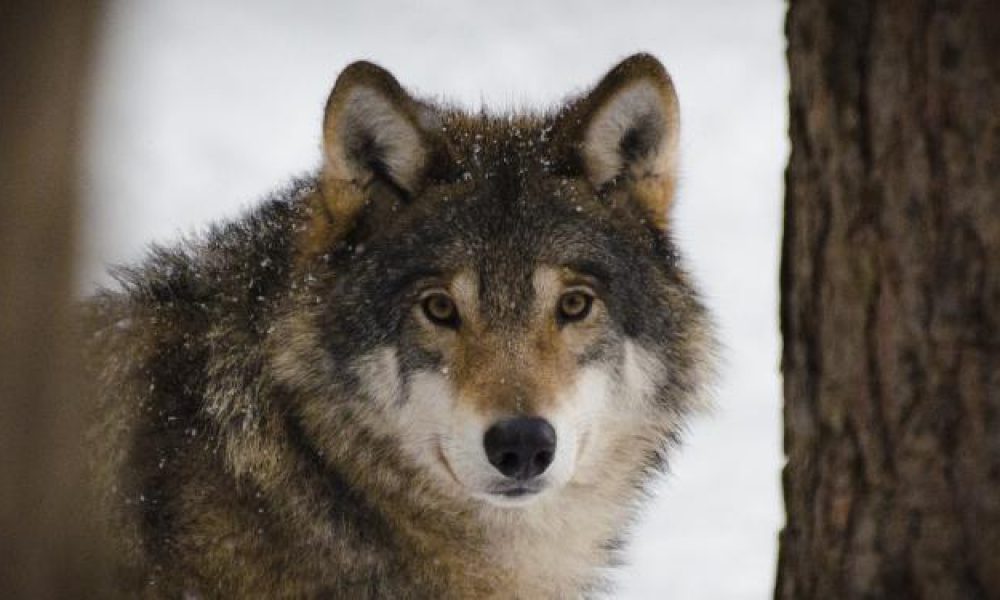The European Commission’s appears committed to “decide on a proposal to modify, where appropriate, the status of protection of the wolf within the EU and to update the legal framework, to introduce, where necessary, further flexibility” by the end of the year. However, it is a policy decision on a crucial issue that is being prepared in a non-transparent manner.
As a member of the Eurogroup for Animals, Animal Action Greece has positively responded to a call for action we received by the organisation’s Wildlife Working Group regarding a proposal that the European Commission is considering that could threaten the protection of wolves in Europe. If this proposal is passed, the protection status of wolves under the Habitats Directive could be downgraded.
Animal Action Greece along with a significant number of other European organisations have co-signed a letter addressed to President of the European Commission, Ursula von der Leyen, expressing their concerns about a possible modification on the protection status of wolves in the EU.
“According to the environmental organisation Callisto, an expert on large carnivores in Greece, the country is one of the few in Europe where the species has never become extinct, unlike other Central European countries, with an estimated 700 individuals living in peace with the local population. In the Mediterranean and Balkan countries we have a “passive” and defensive approach to the wolf, which essentially corresponds to an acceptance of its presence, as long as it does not significantly damage human property. However, formally downgrading their protection status in the EU could jeopardise the welfare of wolves even in a “wolf-friendly” country like Greece” says Serafina Avramidou, Animal Action Greece’s Animal Welfare Manager.
The discussion for the need of such a modification is not based on clear scientific evidence but rather on misleading information and it is mainly driven from the farming industry and hunting interest representatives, who present themselves as representatives of the rural communities. In reality, there is actually a high degree of support among rural communities for the strict protection of wolves in the EU.
As stated in the letter “Protecting wolves in Europe is not only a matter of ecological significance, but also a reflection of our commitment to biodiversity conservation and the values of coexistence and tolerance. Wolves are an integral part of Europe’s natural heritage, playing a vital role in maintaining ecosystem balance and biodiversity…”.
As soon as E4A’s appeal went live, more than 200 European and International organisations have already signed this letter, which gives us hope as to a positive final outcome to our joint efforts in continuing to protect one of the iconic animals of our continent.






